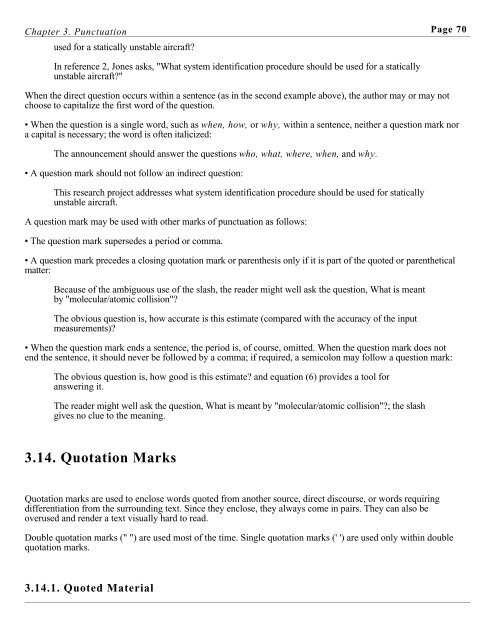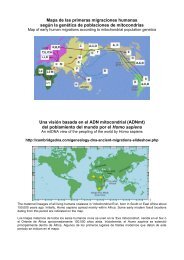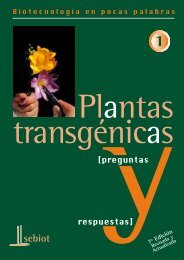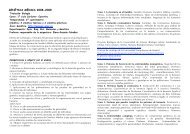Grammar, Punctuation and Capitalization - Handbook for Technical ...
Grammar, Punctuation and Capitalization - Handbook for Technical ...
Grammar, Punctuation and Capitalization - Handbook for Technical ...
You also want an ePaper? Increase the reach of your titles
YUMPU automatically turns print PDFs into web optimized ePapers that Google loves.
Chapter 3. <strong>Punctuation</strong> Page 70used <strong>for</strong> a statically unstable aircraft?In reference 2, Jones asks, "What system identification procedure should be used <strong>for</strong> a staticallyunstable aircraft?"When the direct question occurs within a sentence (as in the second example above), the author may or may notchoose to capitalize the first word of the question.• When the question is a single word, such as when, how, or why, within a sentence, neither a question mark nora capital is necessary; the word is often italicized:The announcement should answer the questions who, what, where, when, <strong>and</strong> why.• A question mark should not follow an indirect question:This research project addresses what system identification procedure should be used <strong>for</strong> staticallyunstable aircraft.A question mark may be used with other marks of punctuation as follows:• The question mark supersedes a period or comma.• A question mark precedes a closing quotation mark or parenthesis only if it is part of the quoted or parentheticalmatter:Because of the ambiguous use of the slash, the reader might well ask the question, What is meantby "molecular/atomic collision"?The obvious question is, how accurate is this estimate (compared with the accuracy of the inputmeasurements)?• When the question mark ends a sentence, the period is, of course, omitted. When the question mark does notend the sentence, it should never be followed by a comma; if required, a semicolon may follow a question mark:The obvious question is, how good is this estimate? <strong>and</strong> equation (6) provides a tool <strong>for</strong>answering it.The reader might well ask the question, What is meant by "molecular/atomic collision"?; the slashgives no clue to the meaning.3.14. Quotation MarksQuotation marks are used to enclose words quoted from another source, direct discourse, or words requiringdifferentiation from the surrounding text. Since they enclose, they always come in pairs. They can also beoverused <strong>and</strong> render a text visually hard to read.Double quotation marks (" ") are used most of the time. Single quotation marks (' ') are used only within doublequotation marks.3.14.1. Quoted Material






